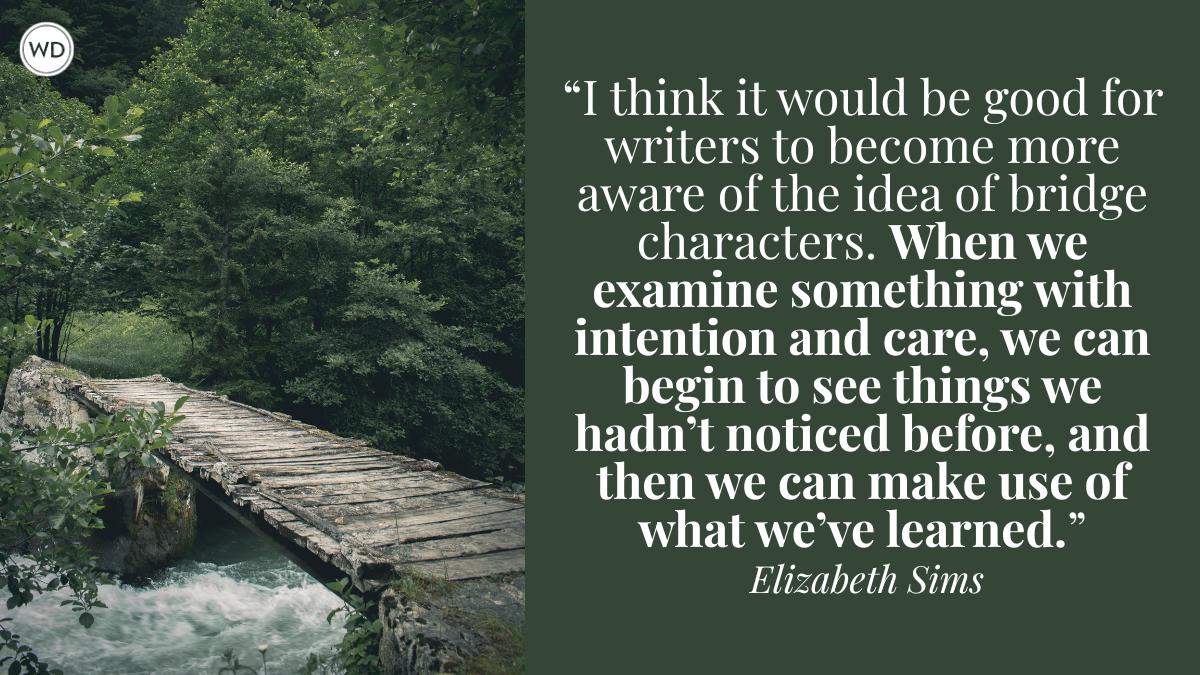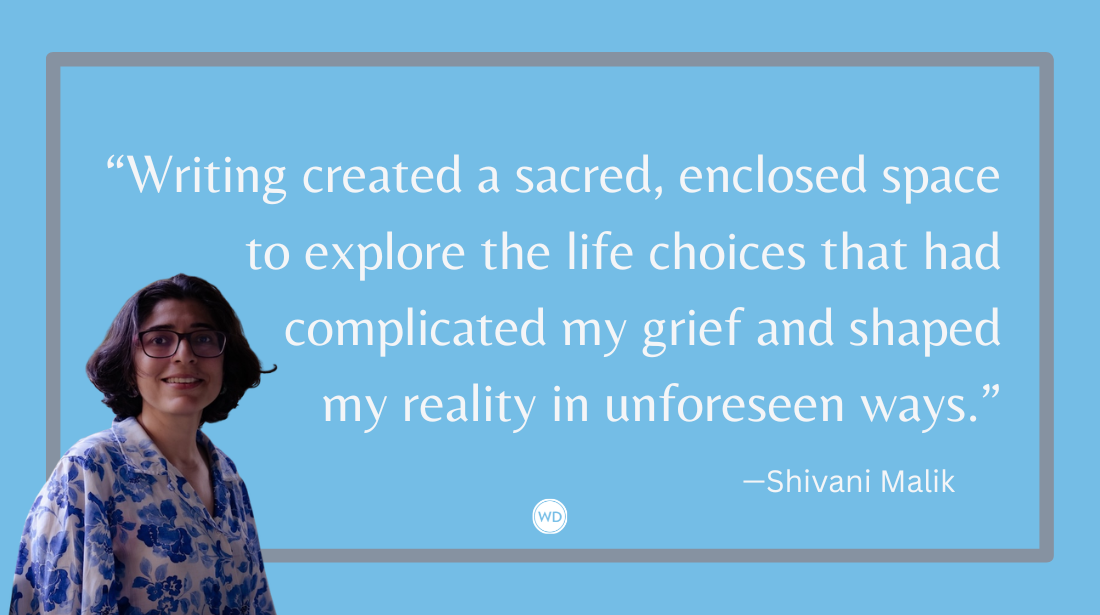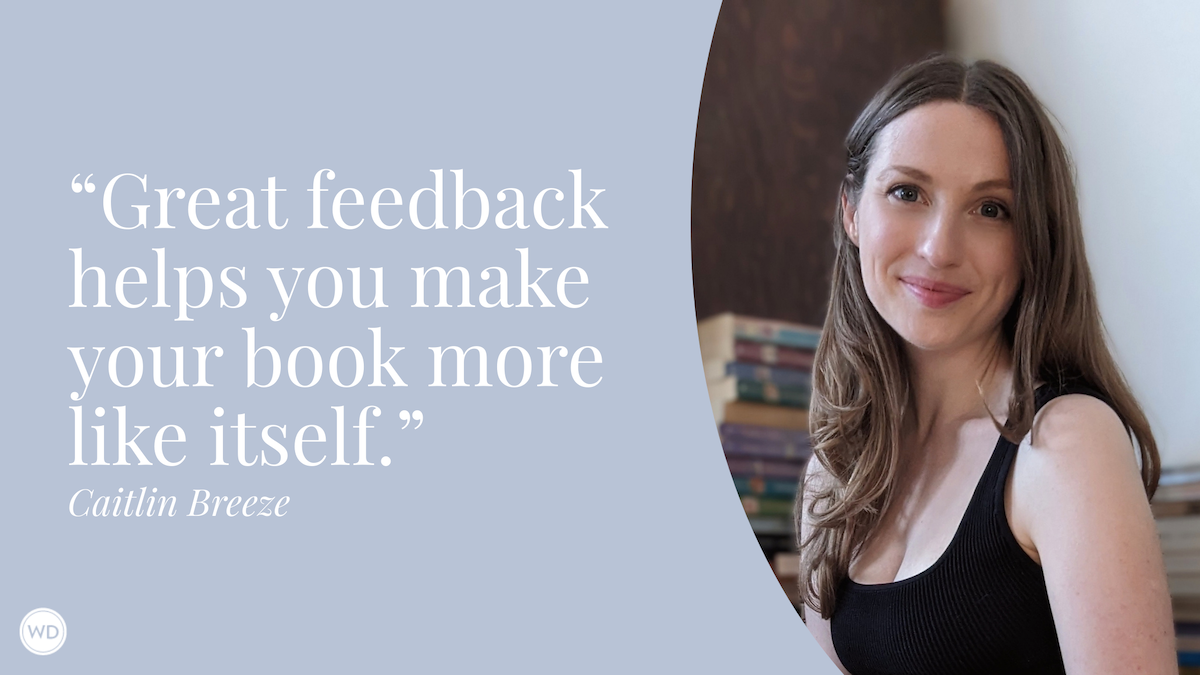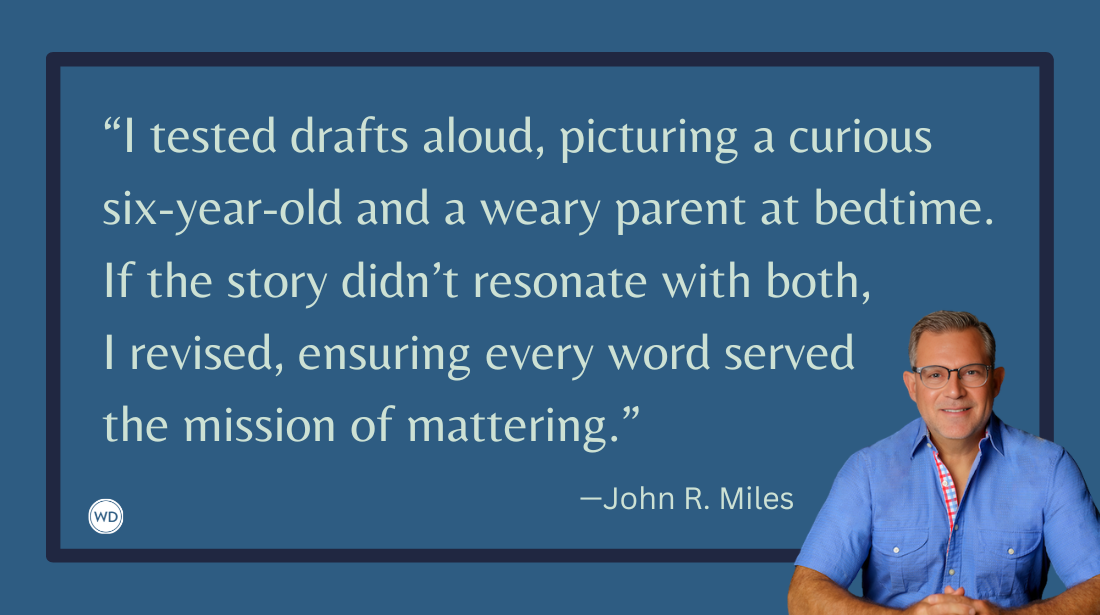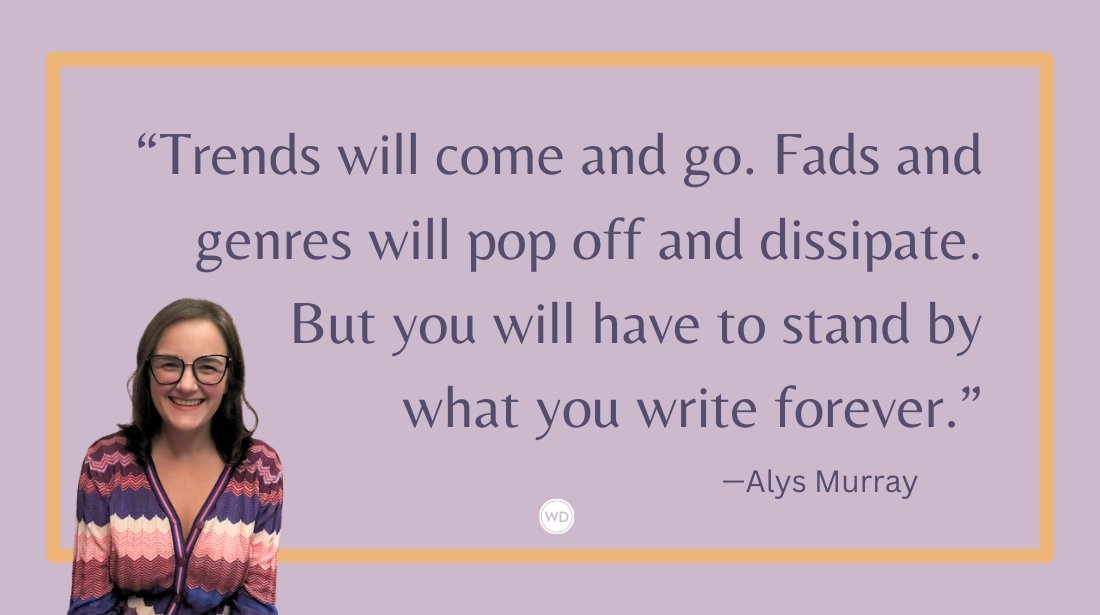3 Tips for Writing a Holiday Romance Novel
Jenny Bayliss’ new novel, A Season for Second Chances, takes place in a small seaside village with Christmas fast approaching. Here, she offers 3 tips for writing a holiday romance novel.
In Jenny Bayliss' new novel, A Season for Second Chances, Annie Sharpe finds herself in a small seaside village with Christmas fast approaching after leaving her unfaithful husband.
The holiday season permeates the story as an integral part of the reading experience. In this post, Jenny offers 3 tips for writing a holiday romance novel.
1. Make your holiday a character.
I think the first thing to consider when writing a holiday romance is the holiday itself. It doesn’t matter which holiday or season it is, but you’ve got to feel it. The story has got to be enveloped in it, almost as though the season itself is one of your characters; after all, the holidays push a lot of emotional buttons within us, they’re like an outspoken relative who either brings out your bah-humbug or your Tiny-Tim.
My holiday romances tend to center around winter and Christmas because for me, the chilly season has never lost its magic. A part of that magic is the comfort I find in the traditions embedded within the holidays. And those warm sparkly feelings are not limited to Christmas. Jean Meltzer’s The Matzah Ball is a Hanukkah romance, which skillfully evokes all the holiday feels; the wonderful food, complicated loving families, romance, and the kindness and hope we all want to feel in a holiday read.
So, this holiday in which we set our romances is not just one type of holiday; it is almost its own entity, a feeling, a spirit, unseen yet palpable and having many names to many people. And it is the spirit of this holiday—whatever its name—that we as writers need to try to invoke.
IndieBound | Bookshop | Amazon
[WD uses affiliate links.]
Think of the sounds and the smells, the colors, and the emotions that the holiday induces. Is it cold? Cozy? Is the air filled with the scent of pumpkin spice? Does it make you want to hunker down with a gently flickering fire, a tartan blanket around your shoulders, and your hands cradled around a mug of brandy-laced hot chocolate? Or is it a summer holiday; is the sun crisping the sea salt in your hair, is the warmth on your skin relaxing your muscles as you sift the sand through your fingers, the beads of condensation dripping down the sides of your Piña Colada glass? It doesn’t matter the weather, so long as it gives you all the feels.
2. Keep it real but obey the rules.
Nobody wants to read about annoyingly perfect characters with impossibly perfect lives, but equally there are some things that we expect from a holiday romance—I speak as someone who cannot get enough of the Hallmark channel at Christmas.
The word "predictable" to a writer is like the sun to a vampire. We all want to be writing edgy, original stories. However, there is no reason why we can’t write fresh and interesting holiday romances, whilst embracing the predictability of a happy ending. There is comfort in predictable, and safe—just two of the things we want to feel when losing ourselves in a holiday romance. The beloved TV detective show Columbo—10 seasons spanning 30 years—ran to a predictable formula; we all knew who the killer was and that Columbo would eventually trip them up, but the fun was watching him get there. And that’s the thing about the holiday romance. Yes, there will be a so-called predictable happy ending, but that doesn’t mean the journey to get to it can’t be exciting and original.
Your protagonists need to be flawed—like all humans—but not too flawed; a serial killer like Patrick Bateman in American Psycho probably isn’t going to cut the holiday-romance-mustard. There can be heartbreaks in your character’s past and there can be more heartbreaks along the journey; in fact, if they don’t have some sort of emotional baggage, we won’t be able to relate to them and therefore we won’t be cheering them on. They can be a total grinch or someone who is disillusioned and worn down by life. But their final destination really needs to be a happy one, because when we pick up a holiday romance, we’re not looking for gritty realism, we’re looking for escapism and hope. We can get our fix of reality any day of the week, but in our holiday romances we want to be uplifted, we want to see the good guys winning and love conquering all.
Essentially whilst the steam factor in your holiday romance can be R-rated, the levels of peril need to be a solid G—strictly mild. Jenny Holiday’s A Princess for Christmas combines almost perfect fantasy settings, with characters whose complexities make them relatable, and just enough jeopardy to keep us on our toes. When we pick up a holiday romance, we want our pulses racing for all the right reasons.
3. Know your stuff.
Every writer knows that the first rule of writing is reading, and as Stephen King writes in On Writing: A Memoir of the Craft; "It also offers you a constantly growing knowledge of what has been done and what hasn’t, what is trite and what is fresh, what works and what just lies there dying (or dead) on the page."
Reading the genre in which you want to write is also important. So, if you want to write holiday romances, you need to make sure you know your stuff by checking out what other writers in the genre are getting up to. It’s like the best homework assignment ever: Read books in the genre I love by writers I love? You got it!
The holiday romance market is huge and varied. By immersing yourself in it you’ll get to know what you enjoy and what you don’t as a reader, and these things will feed into your own writing. For example, my career background is baking. My favorite holiday romances tend to be fairly food focused, and so I find when I’m writing food plays a big part in creating a festive ambience. What you won’t find so much in my books are steamy sex scenes. This is because I know my strengths and my weaknesses. I still giggle like a schoolgirl every time I try to write raunch; it just isn’t me, it doesn’t feel natural to write and therefore, I think it reads clunky on the page. So, whilst you may get a blow-by-blow account of an unctuously gooey dark chocolate cake, all the implied sex will be happening behind the closed door!
I suppose there is an argument that a good writer can be successful even in a genre that they hate. But for me, I think writing in a genre you adore shows on the page. "Write what you know" is an old and proven adage. But I would argue that "write what you love" should be up there with it. If your chest heaves like Elizabeth Bennet’s bosoms when you reach the final pages of a holiday romance, then it’s probably the right genre for you.
Jenny Bayliss lives in a small seaside town in Kent with her husband; their children having left home for big adventures. She went to university at 39 to study part time for a degree in Creative and Professional Writing, whilst she continued to work as a baker. She now writes for a living. She loves reading books, listening to books, and writing books. She likes long walks, baking days, and is obsessed with stationery. Jenny doesn’t believe in saving things for best and shamelessly wears party dresses to the supermarket. She keeps a small wand in her handbag for luck and is rarely seen without her beloved Dr Martin boots; her husband always hoped they were a phase she’d eventually grow out of.




